Dehydrated purple sweet potato cubes have gained popularity as a nutritious and convenient snack or food ingredient. Thanks to their natural composition and health benefits, they are commonly found in the diets of health-conscious individuals. Among the most frequently asked questions by consumers are whether these cubes are suitable for vegetarian diets, gluten-free eating plans, and low glycemic index diets. The answer is generally yes, but a few considerations are worth noting. Below is a comprehensive breakdown of how dehydrated purple sweet potato cubes align with each of these dietary categories.
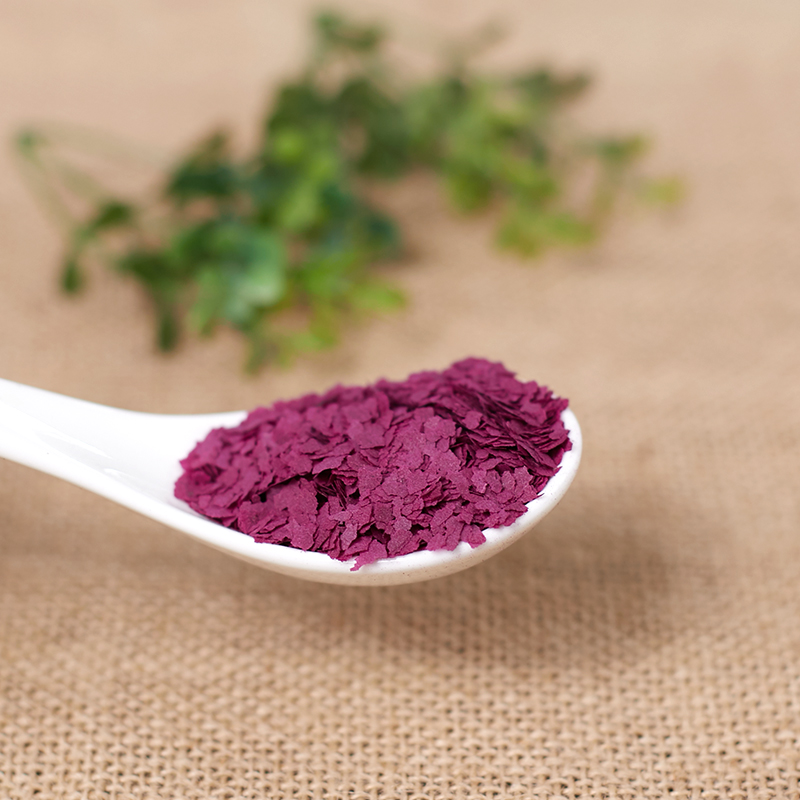
1. Vegetarian Diet
Dehydrated purple sweet potato cubes are made from a single natural ingredient, which is purple sweet potato. Since they do not contain any animal-derived components such as meat, milk, eggs, gelatin, or animal-based additives, they are fully compatible with vegetarian diets. In fact, they are also suitable for vegans, as they are plant-based and free from animal exploitation or animal products.
During the dehydration process, fresh purple sweet potatoes are sliced or diced and then dried using techniques like hot air drying, freeze drying, or vacuum drying. None of these steps require or involve the use of animal products. The final result is a shelf-stable, portable food product that offers plant-derived carbohydrates, fiber, and antioxidants without compromising vegetarian principles.
For individuals following a vegetarian lifestyle, dehydrated purple sweet potato cubes offer a wholesome alternative to heavily processed snacks. They can be eaten on their own or incorporated into plant-based meals such as grain bowls, trail mixes, or smoothies.
2. Gluten-Free Diet
Gluten is a protein found in wheat, barley, rye, and their derivatives. It must be strictly avoided by individuals with celiac disease and is often reduced or eliminated by those with gluten sensitivity or autoimmune conditions. Purple sweet potatoes are naturally free of gluten, and when dehydrated without additives, the resulting product remains gluten-free.
However, the gluten-free status of dehydrated purple sweet potato cubes does not depend solely on the ingredient itself. It also depends on the facility in which the product is processed. Cross-contamination may occur if the same equipment is used to process wheat-containing products. For consumers who require strict avoidance of gluten, it is important to choose products that are labeled as gluten-free or are certified by a recognized authority. This labeling typically means that the manufacturer has followed protocols to prevent gluten contamination.
In addition, some commercially available dehydrated sweet potato products may contain seasonings or added ingredients such as malt extract, soy sauce powder, or flavoring agents that may include gluten. Therefore, checking the ingredient list is important for anyone adhering to a gluten-free diet.
When properly sourced and made without gluten-containing additives, dehydrated purple sweet potato cubes can serve as a safe and nutritious snack for those who follow a gluten-free lifestyle.
3. Low Glycemic Index Diet
The glycemic index is a system that ranks carbohydrate-containing foods by how quickly they raise blood glucose levels after consumption. Foods with a high glycemic index are rapidly digested and absorbed, leading to sharp spikes in blood sugar. In contrast, foods with a low glycemic index are digested more slowly, providing a gradual release of glucose into the bloodstream.
Purple sweet potatoes generally have a lower glycemic index compared to white potatoes, largely because of their higher fiber and antioxidant content. They contain complex carbohydrates that take longer to break down, making them a better choice for individuals who are managing blood sugar levels or seeking steady energy throughout the day.
Dehydrated purple sweet potato cubes retain most of the carbohydrates and fiber from the raw tuber, but they are more concentrated in sugars due to the removal of moisture. This means the portion size matters more when considering the glycemic impact. Although the food remains nutrient-rich, consuming large quantities of dehydrated cubes may lead to a quicker glucose response than eating the same amount of fresh sweet potato. That said, moderate consumption can still be compatible with a low glycemic index approach, especially when the cubes are eaten alongside protein or fat, which help slow digestion further.
It is also helpful that purple sweet potatoes contain anthocyanins, which are antioxidants that may have additional benefits in regulating blood sugar levels and reducing inflammation. These compounds are retained to a significant degree during gentle drying processes, further supporting the nutritional profile of the final product.
In summary, while dehydrated purple sweet potato cubes are not the lowest glycemic food available, their overall composition makes them suitable for inclusion in a low glycemic index eating plan when portion size is considered.
Conclusion
Dehydrated purple sweet potato cubes are a highly versatile and nutrient-rich product that can meet the requirements of multiple dietary needs. They are naturally plant-based, making them an excellent option for vegetarians and vegans. They do not contain gluten, so long as they are processed in a dedicated gluten-free facility and free from added ingredients. Their complex carbohydrates and fiber make them suitable for people who are following a low glycemic index diet, provided they are consumed in moderate amounts.
For best results, consumers should select dehydrated purple sweet potato cubes that are free from additives such as sugar, salt, or oil, and packaged in a clean and food-safe environment. Whether eaten as a snack, incorporated into meals, or used as an ingredient in food manufacturing, they offer a clean label, whole-food option with a wide range of health benefits.

 English
English 中文简体
中文简体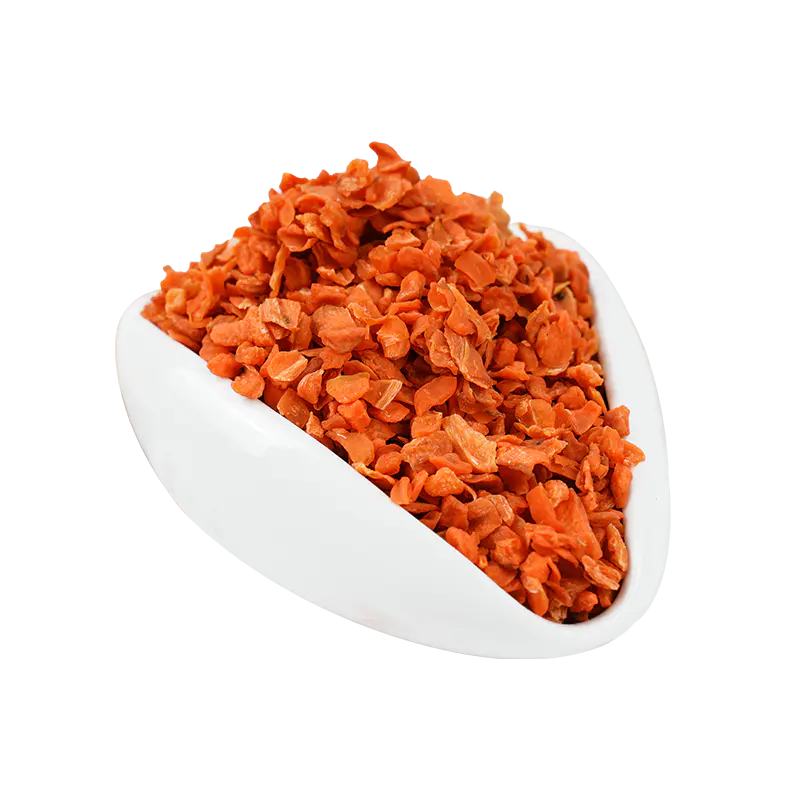
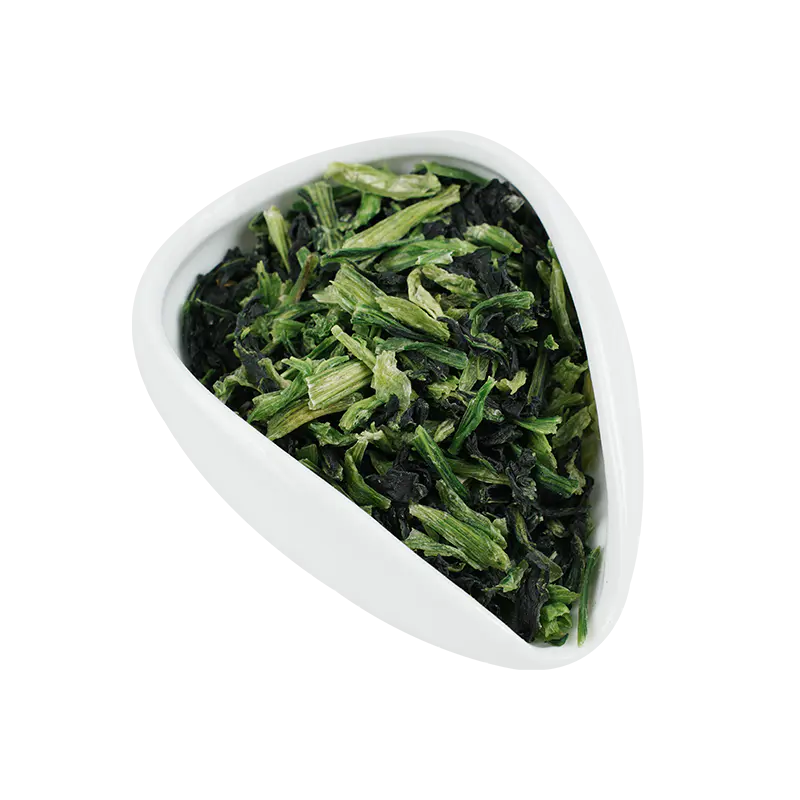
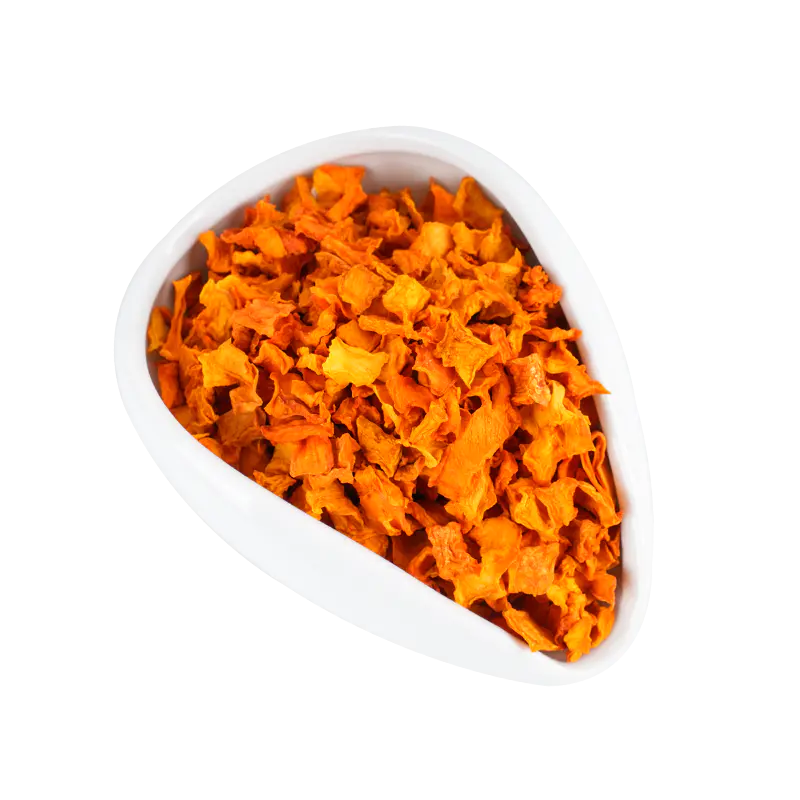
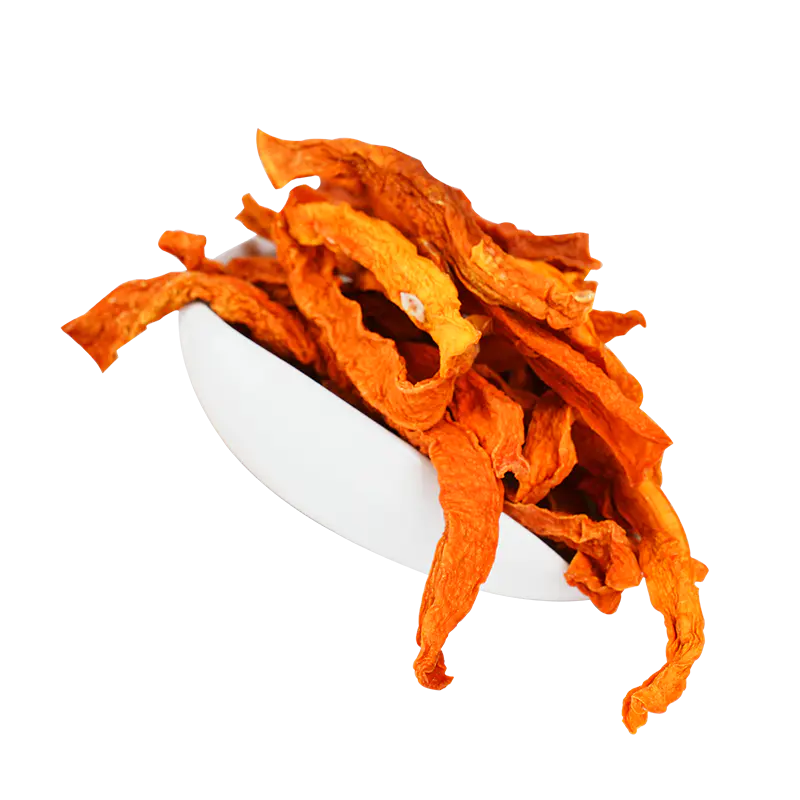
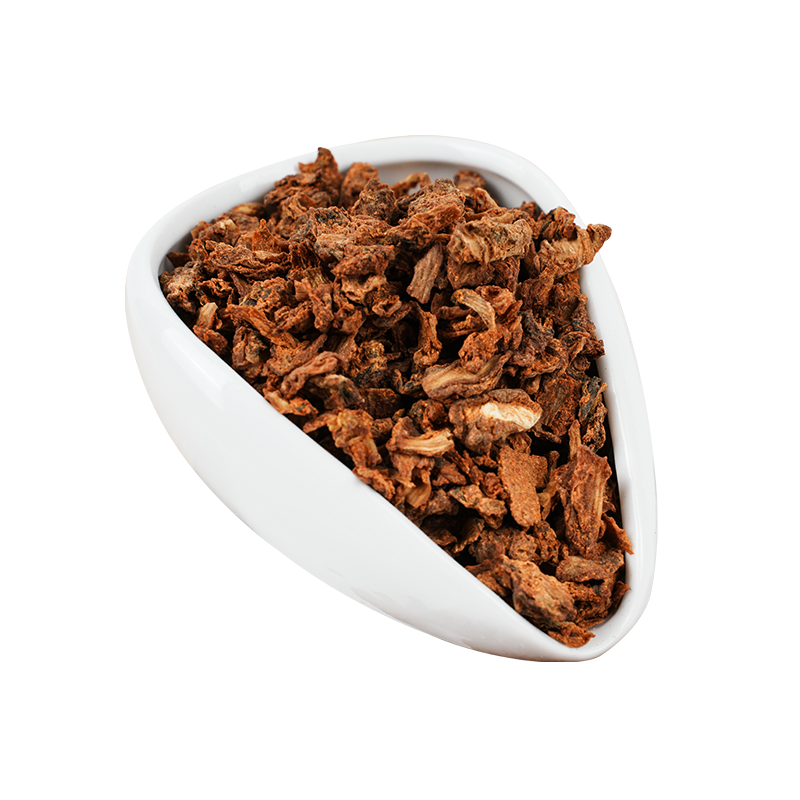

 Xinqian Village (Dehydrated Fruit and Vegetable Industrial Park), Duotian Street, Xinghua City, Taizhou City, Jiangsu Province, China
Xinqian Village (Dehydrated Fruit and Vegetable Industrial Park), Duotian Street, Xinghua City, Taizhou City, Jiangsu Province, China +86-13852647168
+86-13852647168
